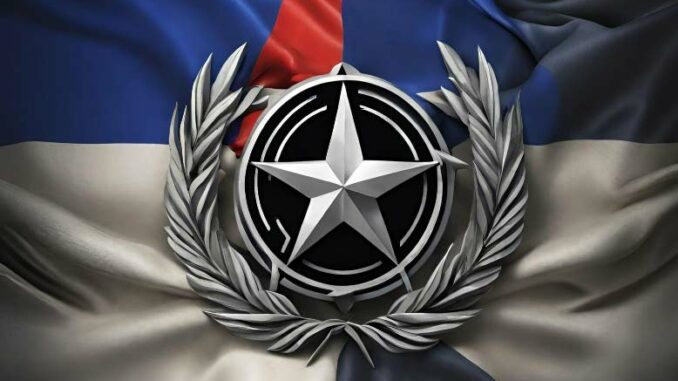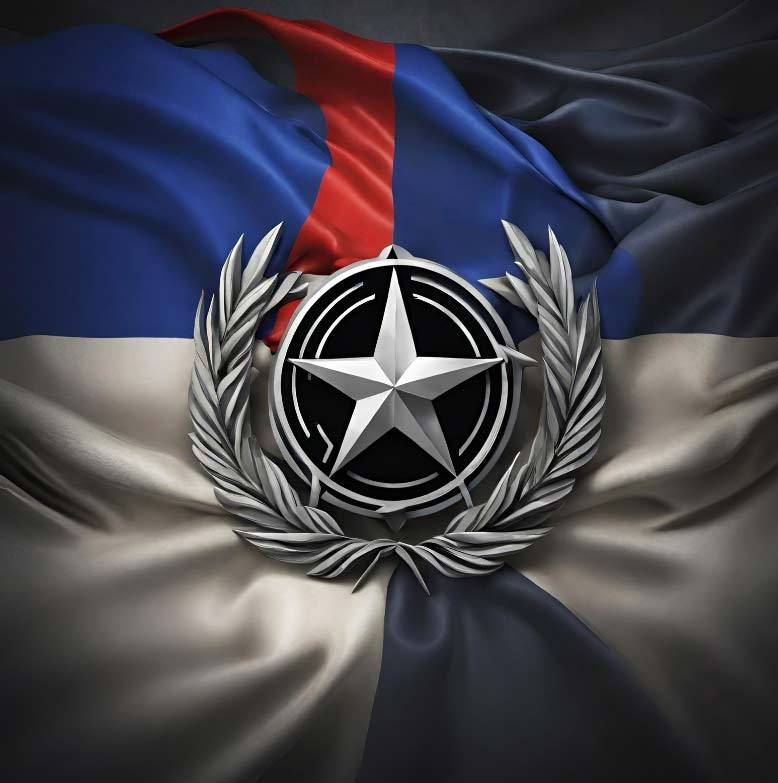
In-depth analysis of NATO’s preparations and the implications of a potential conflict with Russia, focusing on the situation in Ukraine and Macron’s statements.
The North Atlantic Treaty Organization (NATO) is at a crucial strategic crossroads, faced with the continuing war in Ukraine and the possibility of escalation with Russia. French President Emmanuel Macron’s recent statement that he would not rule out sending Western troops to Ukraine underscores the urgent need for in-depth reflection on NATO’s preparedness and ability to deal with an expanded conflict.
NATO’s capabilities and preparations
NATO has historically played a defensive role, focusing on training Ukrainian military forces and supplying defensive weapons. However, the “Steadfast Defender” exercise, the biggest since the Cold War, marks a significant turning point, illustrating the alliance’s determination to strengthen its collective defense and speed of action, especially in the face of an increasingly tangible Russian threat.
The dynamics of NATO unity
NATO’s unity, essential for effectively countering any aggression, is being put to the test. The need for reinforced cohesion is all the more crucial as cracks could be exploited by adversaries. Commitment to the collective defense clause, Article 5 of the NATO Treaty, remains the pillar of mutual security, although its implementation in the current context requires unwavering solidarity and unshakeable political will.
Strategic interpretation of Macron’s statements
Macron’s remarks have resonated internationally, suggesting a possible evolution in NATO’s strategy. This opening towards more direct engagement can be seen as a potential escalation, prompting a reassessment of deterrence and defense strategies, while taking into account the implications of increased confrontation with Russia.

Conflict preparedness: logistics and military capabilities
NATO’s ability to sustain a prolonged conflict is being questioned, given the challenges revealed by support for Ukraine. Limited reserves and military production capacities underline the importance of an effective strategy for sustained supply, essential to sustaining a long-term military commitment.
Geopolitical implications and Russian response
Russia’s reaction to Western statements is a key factor in the evolution of the conflict. The Kremlin perceives discussions of Western military involvement not only as a threat, but also as a potential change in the dynamics of the conflict, which could redefine the strategies and responses of all parties involved.
Balancing deterrence and preparedness
NATO is at a critical juncture, where the balance between deterrence and preparedness is more delicate than ever. As discussions on direct military engagement in Ukraine gather momentum, the alliance must carefully assess its capabilities, strategy and unity, in order to maintain regional stability while preparing for a potential escalation of the conflict.
The current situation calls for careful analysis and strategic planning, where every move is measured not only for its immediate military implications, but also for its long-term consequences for European and global stability. NATO, as a collective entity, must navigate carefully in this complex geopolitical environment, ensuring robust defense while avoiding inadvertent escalation into wider conflict.
War Wings Daily is an independant magazine.